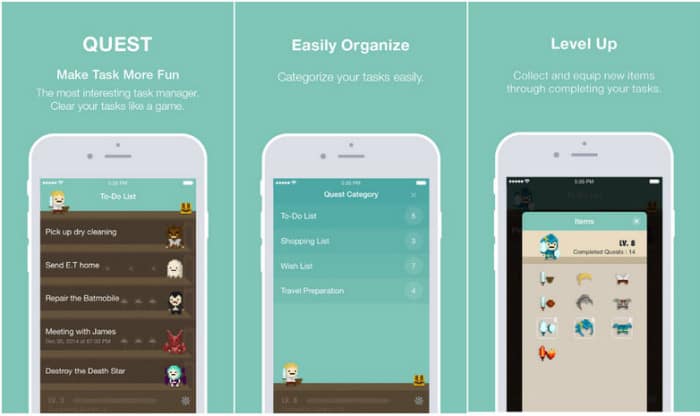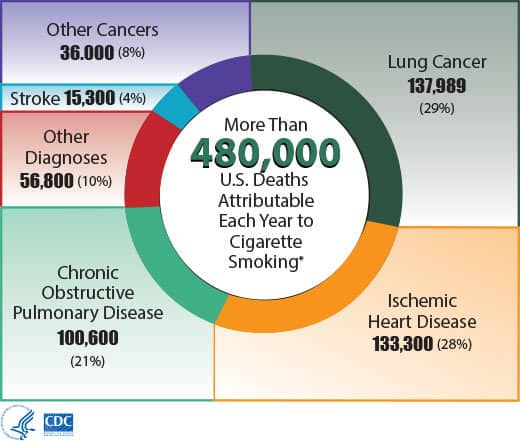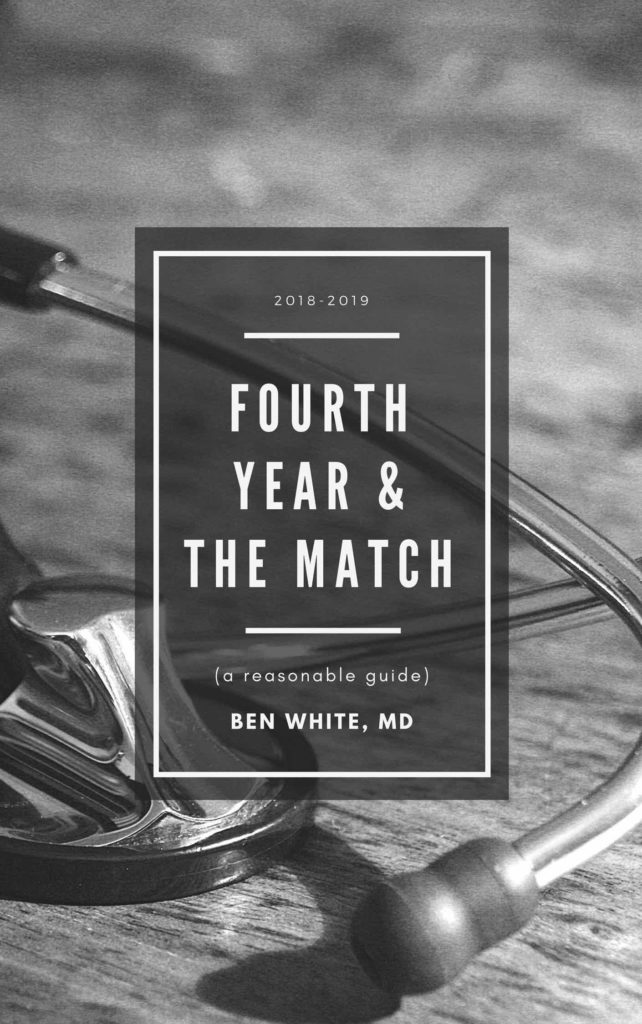I just finished reading James Dahle’s The White Coat Investor: A Doctor’s Guide To Personal Finance And Investing for the second time. I recommend it as a great first finance book for medical students, residents, and even attendings. Physicians are notoriously terrible at personal finance, and as a profession we are routinely preyed on by those in the financial services industry. Given the massive and enlarging amount of debt students are incurring to get the modern MD, we owe to it ourselves to put some time into our finances and our understanding of money, debt, investment, risk, and retirement. WCI is a great place to start (and the website is a treasure as well).
The biggest take home message is unsurprising to anyone who has thought seriously about getting out of debt, accumulating wealth, or read Mr. Money Mustache and similar folks online: Dahle says, “live like a resident.” This very convincing argument is essentially that best thing you can do for your long term financial wellbeing is to continue living like a resident when your salary increases as an attending. Delay the gratification. Do not “grow” into your new income. The difference between what you earn and what you spend is what you save. What you save is what allows you to “buy” your retirement, a down payment on a house, and fun toys. WCI also has a nice treatment of retirement accounts, mutual fund investing, etc as well as some basic coverage of asset protection, business structure, and income taxes. For some of the more complex topics, the book helps you figure out if and how important these are to you right now and suggests further reading.1
One limitation of the book is its particular perspective/bias. The author is a married male physician with a stay at home wife, and multiple areas of the book are slanted for physicians in the same shoes. Consequently he accounts less well for couples with dual incomes, dual student loans, etc. As an example, the chapter on residency finance in particular literally assumes the physician resident has non-working spouse in his argument for why a resident shouldn’t buy a house. While I agree that most residents probably shouldn’t buy a home (although we did), these broad generalizations are tied to very specific advice that may or may not be applicable to the general reader. Along the same lines, a few comments peppered throughout are essentially thinly veiled advice to keep your non-physician spouse’s spending in check.
The book’s treatment of student loans was insufficient when it came out and now somewhat out of date (e.g. private refinancing for residents isn’t mentioned, because it wasn’t available at the time; PAYE is not discussed, etc). Finance books are full of numbers and examples, but what the right choice is for you depends on your options and your numbers.
“Live like a resident” is important advice—a dollar saved is actually more than a dollar earned (due to taxes)—but the argument that you can only achieve the “good life” and spend money on things that bring you joy after your financial house is well in order isn’t going to work for everyone, either practically or emotionally. Keeping up with Joneses is always a losing battle, but the emphasis on conspicuous non-consumption and driving old cars as the pathway to financial independence is occasionally tiresome. Active reading is required; question your assumptions but take away what you want.
On a related note, for those looking for a completely free first finance booklet, try William Bernstein’s (another MD) “If You Can,” which is somewhat condescendingly written for “millennials” but nonetheless distills the essentials of saving, mutual fund investing, and distrusting people who want to fleece you.



